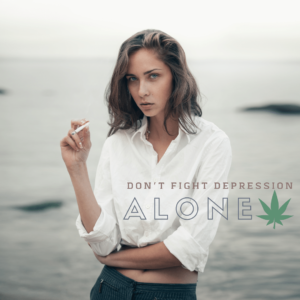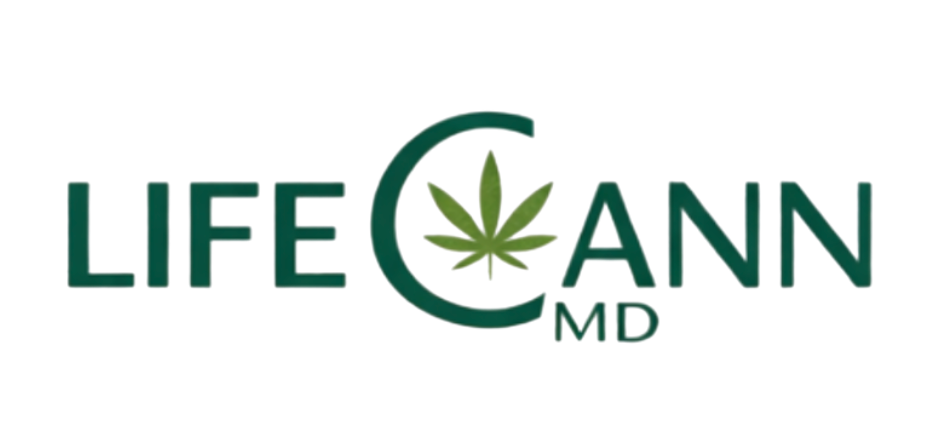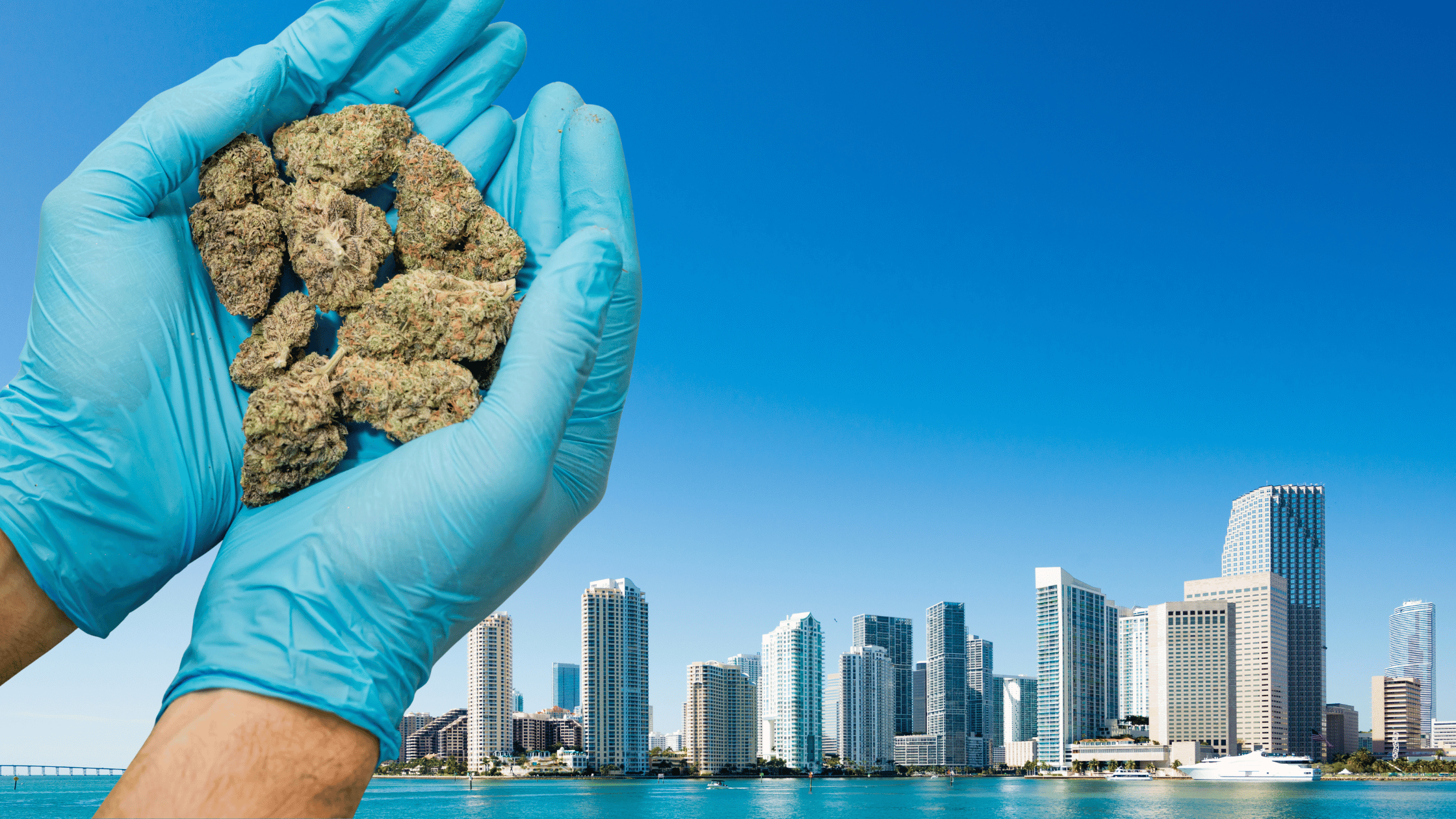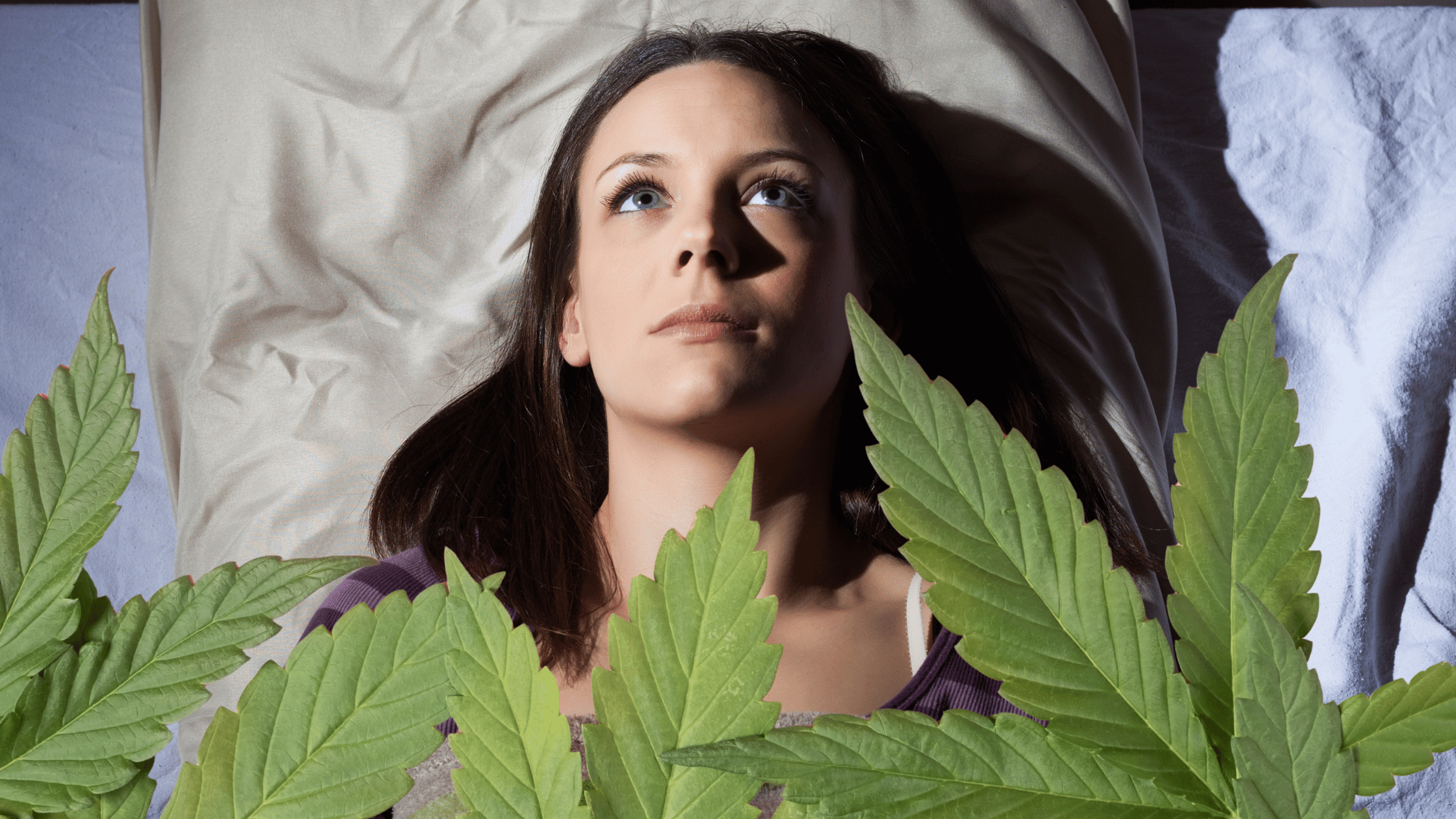 By: Fernando Fandino-Sende,
By: Fernando Fandino-Sende,
MD Post Traumatic Stress Disorder has been known under different names, according to the time of history: Soldier’s heart from the Civil War, shell shock from WW I, combat fatigue from WW II, delayed stress from the Vietnam War. The condition remained unspoken between wars until 1980 when the efforts of the Vietnam veterans and advocacy groups finally got the name into the psychiatric nomenclature.
Twenty percent of the 1,7 million soldiers who were destined to fight in Iraq and Afghanistan suffer from PTSD.
PTSD is not limited to soldiers. Trauma from sexual abuse, domestic violence, car accidents, natural disasters, a violent assault or life-threatening medical conditions can lead to PTSD.
Overall PTSD affects eight million Americans annually.
A study done in 2013 analyzed 46 individuals who were present around the World Trade Center in the September 11 terrorist attacks.
Twenty-four patients suffered from PTSD. The study showed that PTSD is associated with low levels of endocannabinoids and low endocannabinoid receptor signaling, the same receptors that are triggered by THC.
Normal CB1 receptor signaling deactivates traumatic memories but low levels of endocannabinoids are associated with impaired fear extinction, memory consolidation and chronic anxiety, the hallmarks of PTSD.
Chronic stress is associated with decreased levels of endocannabinoids, depletion of endocannabinoid tone, boosts anxiety, progression of dementia and accelerates the spread of cancer.
Chronic stress decreased CB1 receptor binding and expression in the hippocampus, the area of the brain responsible for short and long memory consolidation.
Dr. Ethan Russo reports that clinical endocannabinoid deficiency is responsible for migraines, fibromyalgia and IBS.
Alcohol abuse, lack of exercise and artificial sweeteners aggravate the deficiency. Once again and due to the Schedule I regulation, there are no clinical studies but anecdotal evidence of the utility of phytocannabinoids in the treatment of PTSD.
The CB1 receptors are located in the central nervous system and are the binding site for THC and are responsible for the psychoactive effects of the drug.
The locations of these receptors are:
1. Mesolimbic system- reinforcement of pleasurable activities.
2. Cerebellum and basal ganglia-effect on motor tone and coordination.
3. Hippocampus-modulation of mood.
4. Hippocampus, prefrontal cortex-effects on short-term memory, concentration, attention and
tracking behavior.
5. Hypothalamus-vegetative functions.
6. Food intake receptors-influence on appetite (“munchies”).
7. Spinal cord-pain pathways, analgesia.
There is a near absence of CB1 receptors in the brainstem, that explains why a lethal outcome from marijuana, overdose has never been reported.
Nabilone, a synthetic cannabinoid has proved it’s efficacy in the reduction of a nightmare episodes in military personnel suffering from PTSD.
Despite all the evidence the FDA refuses to investigate cannabinoids for the treatment of PTSD, yet they have approved studies of MDMA, the club drug Ecstasy, for the treatment of PTSD.
The evidence cannot be denied, cannabis is a valuable therapeutic option to people who suffer from PTSD.
Fernando Fandino-Sende, MD


